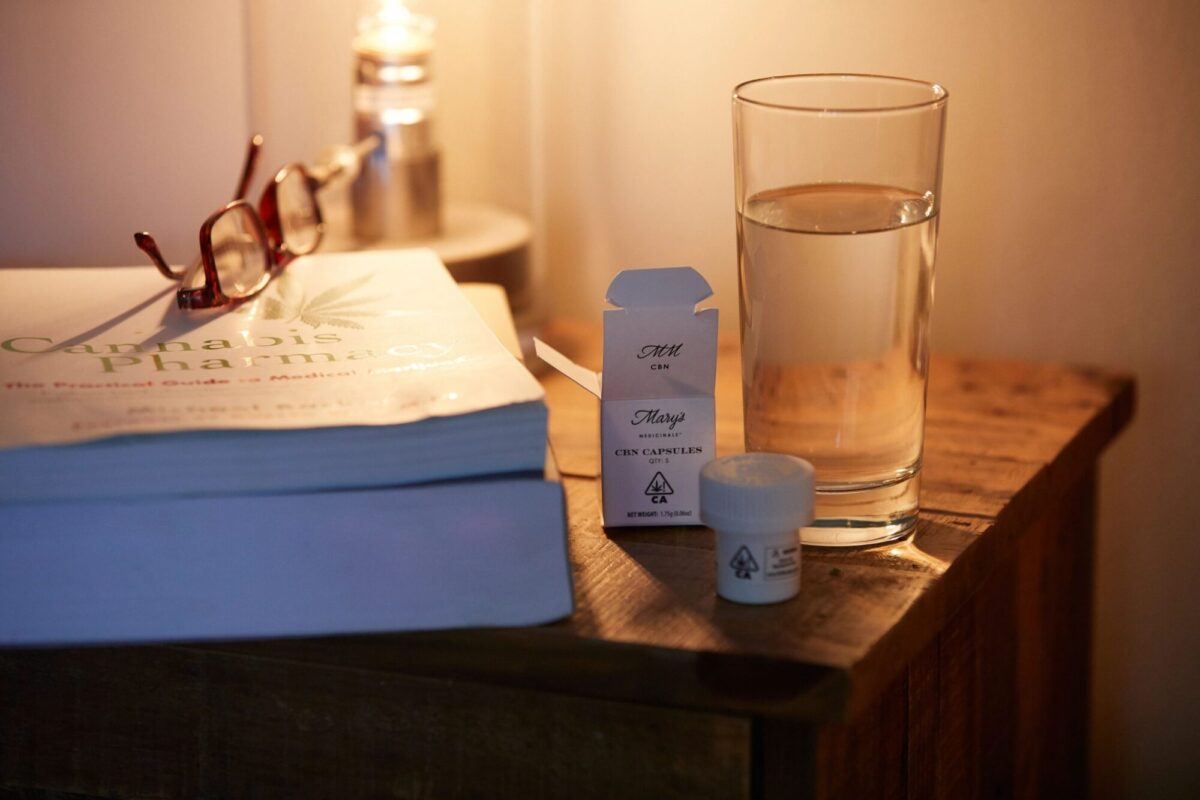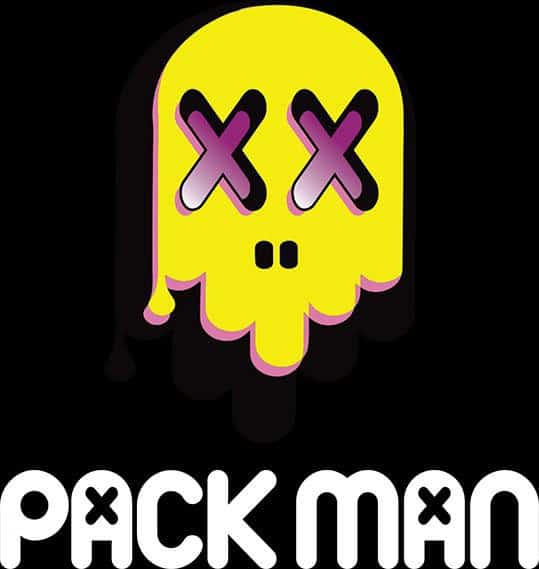Blog
Packman Vapes Can Help People Give Up Prescription Sleep Aids and Wake Up More Focused and Refreshed, Study Indicates.
A survey conducted with Packman Vapes consumers who experience sleeping difficulties revealed that many preferred to use Pacman cart instead of other sleep aids to get some restful zzz’s, reporting improved results the next morning and reduced side effects. Smoking joints or vaping products that contained THC, CBD or Packman proved particularly popular options.
Respondents reported that when compared with conventional sleep aids or no aid at all, Pac man carts helped them feel more refreshed, focused, and capable of functioning the next morning with reduced headaches and nausea. They also reported experiencing side effects from cannabis usage such as feeling sleepy, anxious or irritable upon awakening.
Washington State University psychologists recently conducted and published their study in Exploration of Medicine journal. Authors believe it to be the first research comparing cannabis with both prescription sleep aids (PSAs) and over-the-counter (OTC) sleep aids.

Cannabis for sleep-related issues was generally perceived to be more advantageous than over-the-counter medications or prescription sleep aids,” Carrie Cuttler, one of the co-authors and a WSU professor, explained in a press release issued Monday by Western State University (WSU). Cannabis was not associated with long-acting sedatives or alcohol that can lead to an undesirable ‘hangover’ effect; although individuals reported some residual effects such as sleepiness or mood changes.
WSU researchers conducted their study with 1,216 people using the medical marijuana app Strainprint. Nearly two thirds (64.9 percent) reported suffering from sleep issues for at least five years; nearly 70 percent used cannabis to assist with sleeping for at least a year; 38% responded that they have used marijuana between one and three years as part of a solution to help sleep problems.
Nearly 82% of cannabis consumers reported not currently taking prescription or over the counter sleep medications; however, over half reported having used them at some point, which suggests they may see marijuana as a better solution than prescribed medication.
Over half the sample reported using cannabis each night to help them fall asleep, most frequently smoking joints (46.1 percent), vaping flower (42.6 percent) or taking some form of cannabis oil (42.5 percent) before bed. Nearly one third reported using edibles/vape pens prior to sleep while 14.6 percent indicated they used capsule form cannabis products instead.
Though inhaled forms of cannabis tend to be the preferred method for most consumers, those experiencing difficulty sleeping may prefer smoking and vaping due to its short latency of onset upon inhalation and high percentage of respondents reporting difficulty falling asleep. Researchers were surprised that edibles or capsules weren’t more popular as these provide longer lasting relief and therefore may provide greater potential benefits in maintaining restful sleep.
Asked which cannabinoids they preferred for sleep, most respondents (60 percent) preferred high-THC products while 21.7 percent selected balanced THC-CBD blends. When asked which cannabinoids they used most frequently 78.8 percent chose THC while 47 percent selected CBD, and 18.1 chose CBN.
Myrcene was the most widely utilized terpene (49%), followed by linalool (26.49%), limonene (24.71%) and beta caryophyllene (19.1 %).
One of the findings that truly shocked Cuttler was that people are seeking myrcene as a sleep aid in cannabis, even though there’s evidence in scientific journals proving its efficacy – so cannabis users appear to have discovered this fact for themselves!
Respondents when surveyed on how cannabis aids their sleep reported it as helping relax both body and mind (81.0 percent and 83.0 percent respectively), help prevent interruptions (36.3 percent) as well as promote deeper (56.2 percent) longer (41.6 percent) restful restful slumber.
526 people reported using both prescription and OTC sleep aids along with marijuana; of those 526 participants who also reported using PSAs or no sleep aids reported feeling more refreshed, focused, and better able to function after using cannabis in comparison with OTC sleep aids or no sleep aids at all. They also experienced less headaches and less nausea the morning after.
Participants reported feeling more refreshed, focused, better able to function, with fewer headaches and nausea the morning after using cannabis as a sleep aid than after using more traditional sleep aids or no aids at all.
“Among participants who utilized all three forms of sleep aids, significantly more experienced nausea, anxiety and racing heart when using OTC sleep medications or PSAs than cannabis.”
Some side effects reported by participants were unsurprising: cannabis was more likely than other sleep aids to lead to dry mouth and red eyes, for instance. Other unintended side effects, however, were more remarkable: “significantly more participants reported feeling more sleepy, anxious, and irritable the morning after using cannabis relative to other sleep aids or no sleep aids,” according to one study.
These findings reflect findings from prior research which demonstrate how marijuana use may lead to longer sleep durations with fewer mid-night awakenings, but more next-day fatigue.
Notably, researchers found that more than 60% of study participants reported getting six to eight hours of restful sleep when using cannabis alone; less than 20% achieved this same level of rest with prescription or over-the-counter sleep aids, regardless of whether they were combined with marijuana.
“Overall, the literature suggests that cannabis may be beneficial in improving some aspects of sleep,” authors stated. However, additional objective research needs to be completed on which aspects are positively and negatively impacted by cannabis.
Researchers noted that although cannabis could potentially have side effects, they may be more tolerable for participants than the side effects associated with other, more traditional sleep aids.
“Side effects from cannabis-derived sleep aids may be less severe or impairing than with other sleep aids, leading to the perception that cannabis is superior.” The study further indicates this point.
Authors noted that their survey contained a strong selection bias toward people who perceived cannabis to be helpful for sleep, such as current users of cannabis. “Not everyone will find cannabis useful for improving sleep,” Cuttler stated, and further research should employ objective measures of sleep to provide a more comprehensive picture of cannabis’ effects on this aspect of our health.
Sleep quality is often mentioned when discussing the potential advantages of cannabis use, with most consumers reporting an improvement. Two recent studies involving people living with chronic health conditions or neurological disorders confirming that cannabis improved sleep quality.
A 2019 study also discovered that people tend to purchase fewer OTC sleep medications when legal access to marijuana exists, specifically “cannabis appears to compete favorably against OTC sleep aids, such as diphenhydramine and doxylamine products that comprise 87.24% of the market for such aids”.
